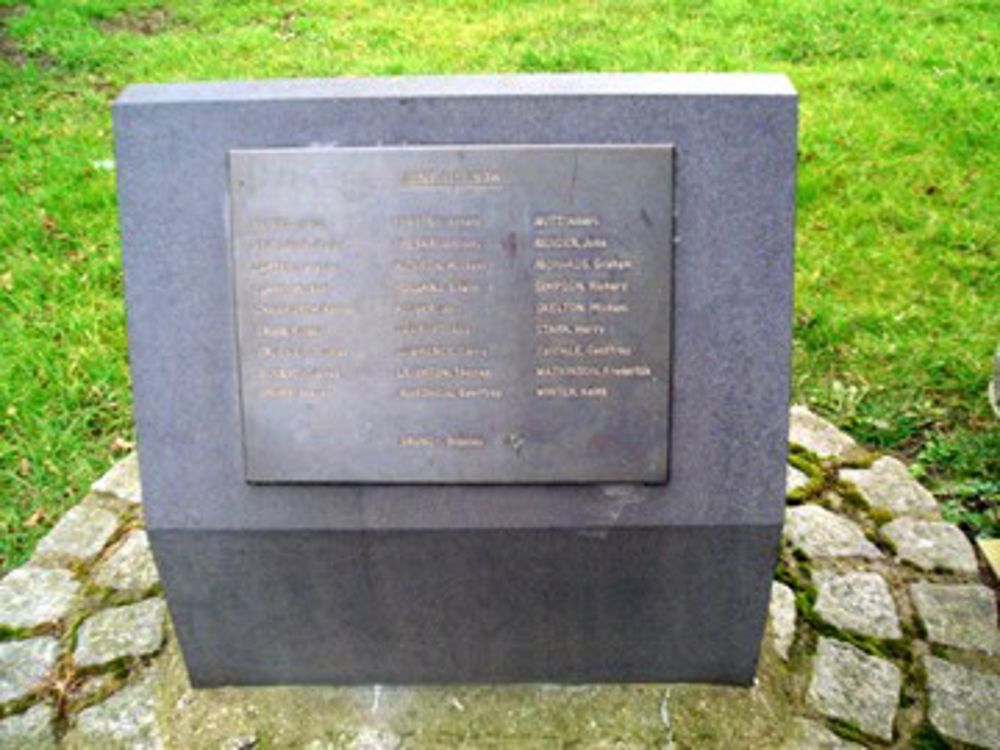Flixborough – The Tragedy that made us Safer
In 1974 three seemingly unrelated things happened. Together they made Britain and much of the world safer. The three components were:
- a short course for industry with few registrations,
- some legislation in Parliament attracting truly little attention,
- and a plant producing one of the components of nylon and providing employment for the adjacent village of Flixborough.
The short course, supported by IChemE, was on chemical engineering safety at Teesside Polytechnic.
The legislation was the Health and Safety at Work Act, which essentially said that employers had a duty to safeguard workers and anyone else who might be affected – a significant departure from earlier legislation directing employers in particular safety measures.
The plant was the Nypro works producing caprolactam, where an explosion on 1 June 1974 killed 28 people and injured a further 36 out of the 72 who were on site at the time. It also caused considerable damage. About 1000 buildings in Flixborough were damaged and 800 in Scunthorpe, three miles away. The cause was traced to an unrecognised possibility of failure in a temporary modification to the plant, which had seemed on the face of it sensible to those doing it.
Naturally, there was a public outcry, and every chemical engineer in the country was shaken by the news. It was not only the deaths, but the destruction outside the plant which shocked.
Suddenly, the IChemE course was fully booked, as companies strove to learn methods of hazard recognition and prevention, in particular Hazard and Operability Studies (HAZOP). It became clear that approaches like these should be applied to plant modifications and new designs to identify and manage the hazards. HAZOP became standard throughout the UK chemical and process Industries and has been widely adopted elsewhere. There is no doubt that the Flixborough explosion greatly accelerated its take-up, and a great many accidents have been prevented.
Shortly afterwards, the Health and Safety at Work Act 1974 was brought before parliament (having been several years in preparation). Unlike previous legislation on the safety of workers, this new Act included a duty of care for all who might be affected, such as the people outside the plant, a point requiring a fresh approach from industry. One part of the act was to set up a Health and Safety Commission requiring cooperation between employers' organizations, trade unions, and the government, and to put in place the mechanisms to implement the new approach to regulation. This was generously supported both financially and in granting of effective powers to the Commission in the light of public concern. Had the Flixborough disaster not occurred it is debatable whether government, industry and the public would not have been so ready to support this ground-breaking change in legislation and give the enforcers the necessary funds and power. As a result of the consensus, the UK established both practical regulations and methods of enforcement of a very high standard and which have been adopted by many other countries. Regulation of major accident hazards under the Act has been influential for European safety legislation in this context.
There is a memorial to those killed at Flixborough in the grounds of the nearby All Saints’ Church. A more far reaching, but less tangible memorial lies in the ongoing efforts to control hazards in the process industries and the many lives which have been saved by the major improvements in law and industrial practice, notably HAZOP, which have been taken up in response to the tragedy.
